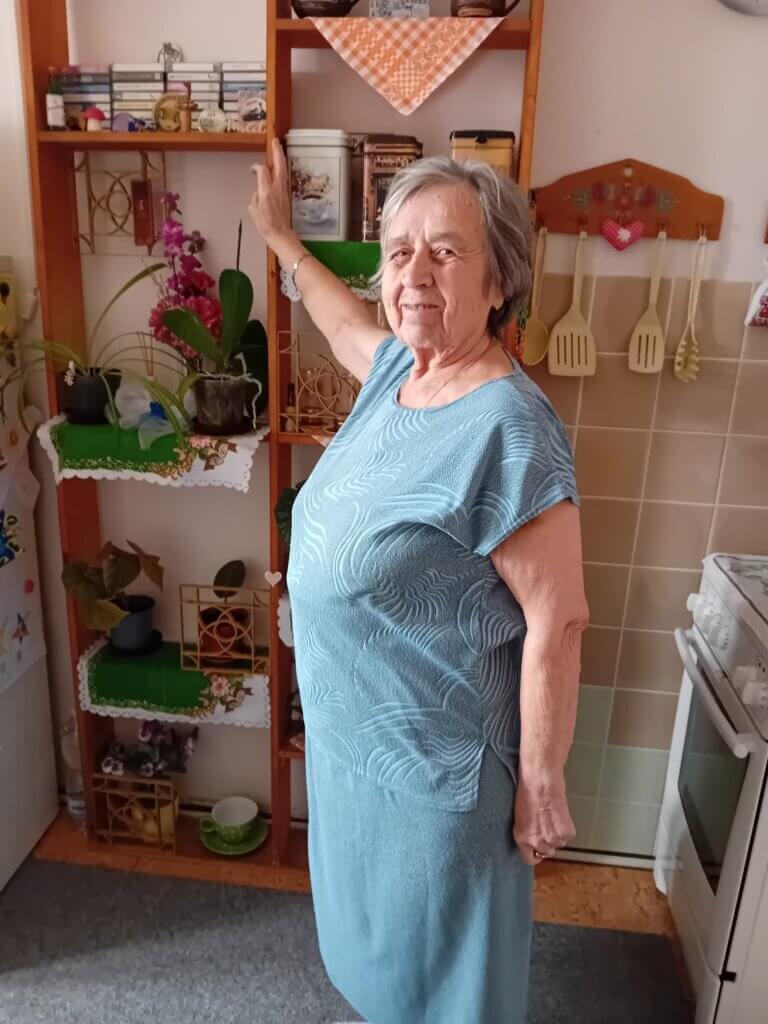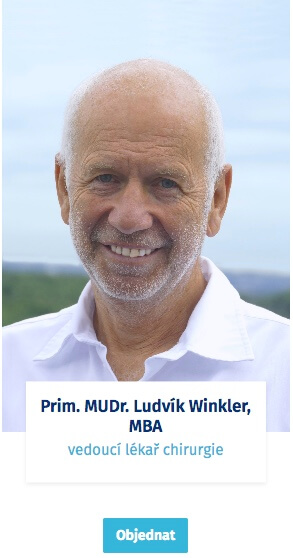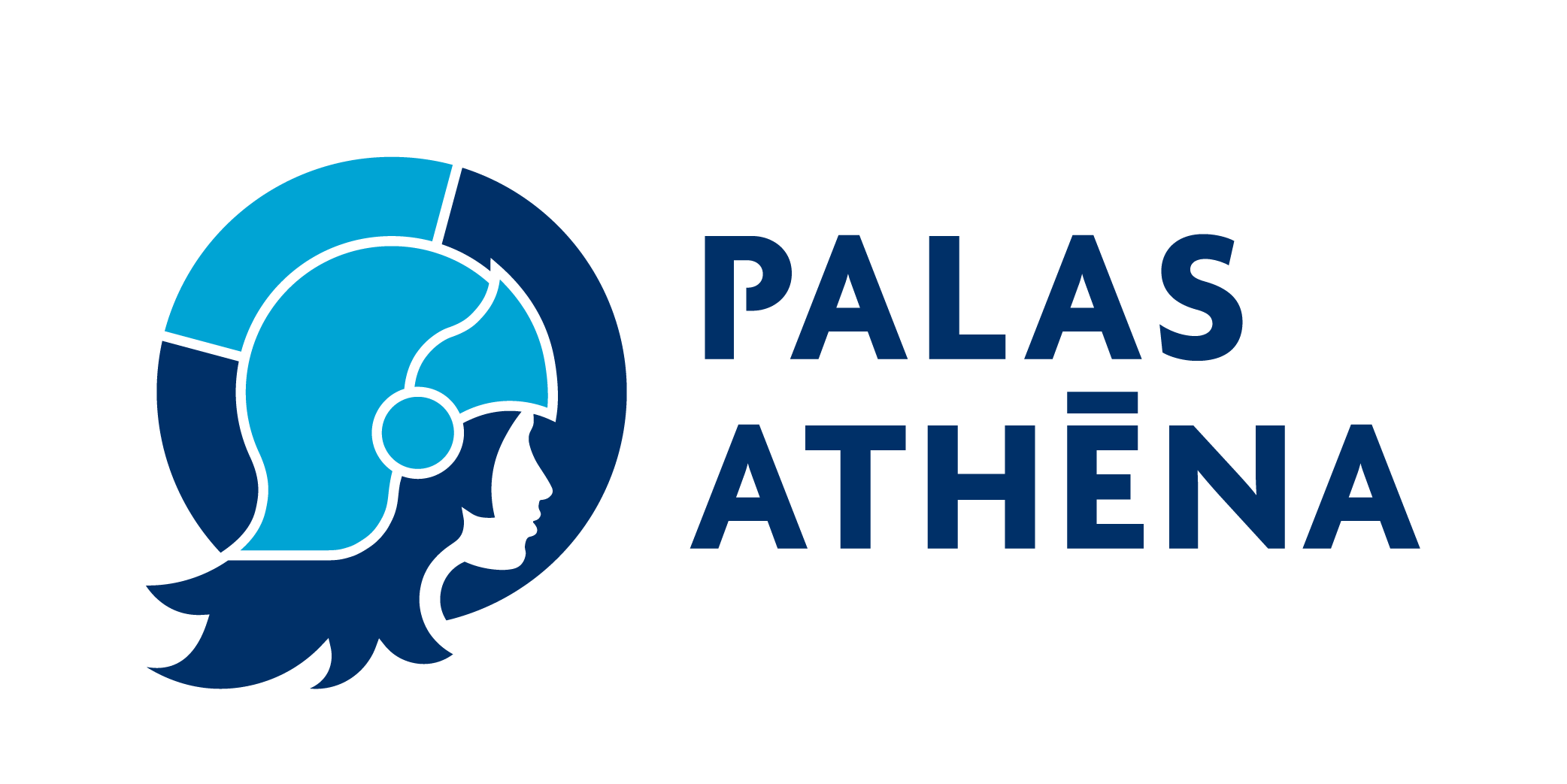The connection between patient discipline and modern medicine
AH, a 78-year-old female patient, had a pacemaker since 2017. In 2022, she underwent surgery for perforated diverticulitis with peritonitis. She recovered well from this major operation, but a year after the surgery, a large abdominal hernia appeared along the entire length of the incision. The hernia continued to grow and became painful with movement.

She came with a request for surgical intervention. A CT scan revealed a hernia opening with a transverse diameter of 15 cm, a longitudinal diameter of 20 cm, and a sac with a diameter of 25 cm. She was referred for pulmonary and cardiology examinations, which showed that the patient’s condition was good. We have extensive experience with the surgical management of these abdominal hernias, but this case involved a 78-year-old patient with a pacemaker and a large hernia.
The biggest challenge with these patients is effectively managing the postoperative course. This requires significant cooperation from the patient. Most patients are overweight, need to lose weight, and must improve their physical fitness. I requested this from Ms. AH, and she lost weight, walked several flights of stairs daily for several months, and diligently used an abdominal belt to support her hernia. She attended our ERAS clinic. She met all the requirements, and since her hernia was very painful and obstructive— for example, she couldn’t tie her shoelaces— she requested surgical intervention.
The medical indication, according to the recommended procedures, was borderline. I didn’t know how to decide whether to operate or not. The final question I asked the patient was: “What age did your mother live to?” The answer was 95.5 years. That made the decision.
I performed the surgery, and the patient tolerated everything well. On the third day after the operation, she was discharged for home care. Ten days after the surgery, she came in for suture removal. This is a photo taken three weeks after the operation.
It is a pleasure to operate on patients who cooperate well.
I thank all such patients, MUDr. Ludvík Winkler.


